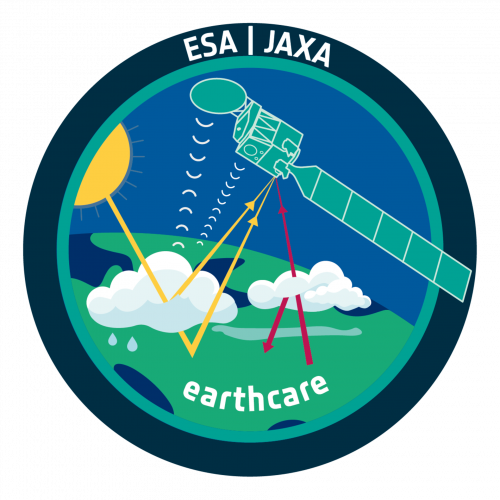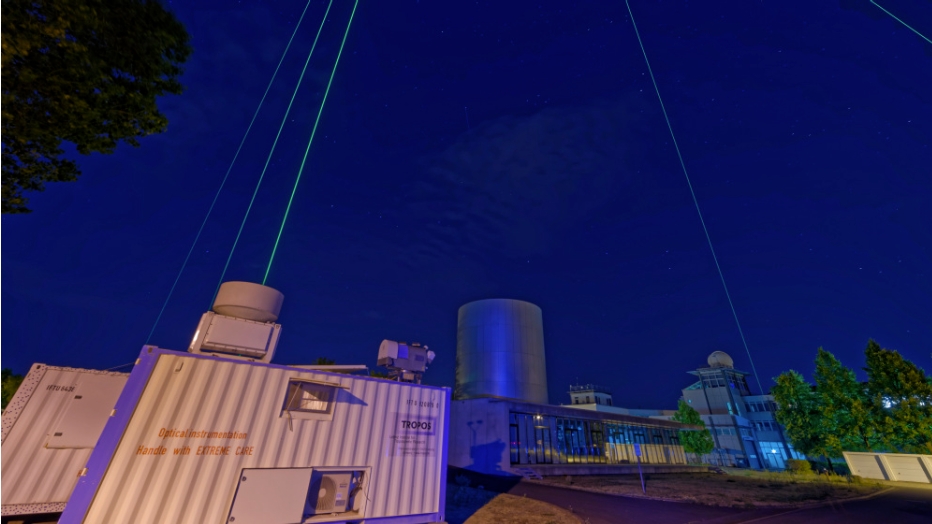National Facilities


The EarthCARE mission, a joint effort between the European Space Agency (ESA) and the Japanese Space Agency (JAXA), aims to achieve unprecedented precision in measuring clouds, aerosols, and radiation. Launched on May 29, 2024, EarthCARE is equipped with four advanced instruments designed to work collaboratively, providing an integrated view of how these atmospheric components interact. These insights are crucial for understanding Earth's radiation balance and how it is affected by the climate crisis.
To ensure that the data from these instruments is accurate and fully utilized, an extensive ground-based measurement campaign is underway. The European research infrastructure ACTRIS plays a pivotal role in this calibration and validation (cal/val) process. ACTRIS's network of around 50 ground stations, equipped with state-of-the-art remote sensing instruments such as lidar and radar, is essential for comparing satellite data with ground measurements in diverse environments. These stations, established and expanded in recent years, are specifically designed to analyze aerosol particles and clouds.
The ACTRIS network offers a distinct advantage due to its broad geographic coverage, ensuring that EarthCARE passes over at least one station almost daily. This allows for continuous calibration as the satellite, in low-Earth orbit, only revisits the same area every 25 days. This dense network is indispensable for validating the satellite's data across various atmospheric conditions. In preparation for this complex task, ACTRIS stations participated in a two-month rehearsal of the measurement campaign last year, simulating EarthCARE overflights (link). This exercise, coordinated by Dr. Holger Baars of TROPOS in Leipzig and supported by the ATMO-ACCESS project, was vital in ensuring that all stations operate consistently and are ready to validate the satellite's data.
The EarthCARE cal/val campaign is supported by ATMO-ACCESS in the frame of the pilot call for access for international stakeholders, activity coordinated by the National Institute of R&D for Optoelectronics (INOE) in Romania. This international collaboration underscores the essential role that ACTRIS plays in the EarthCARE mission, ensuring the highest quality data to advance climate research.













